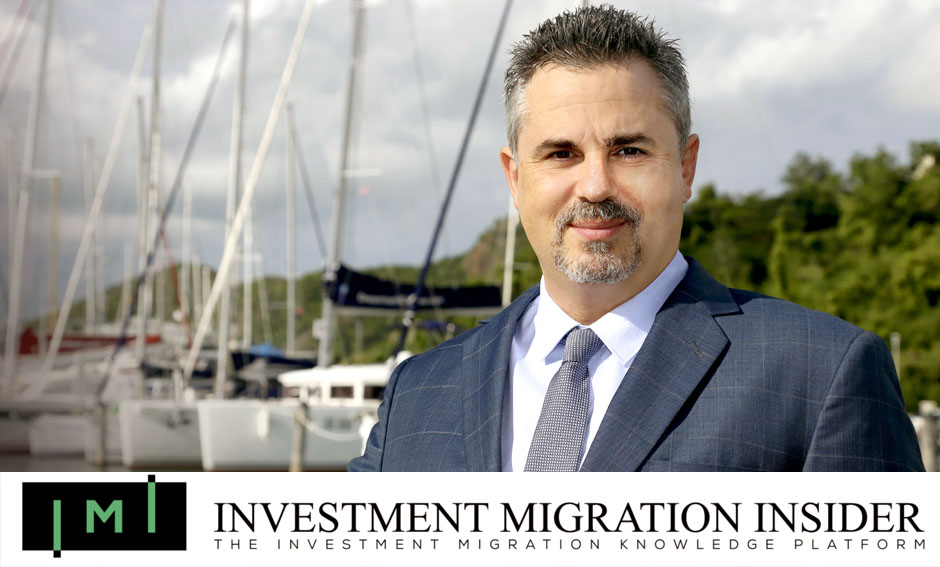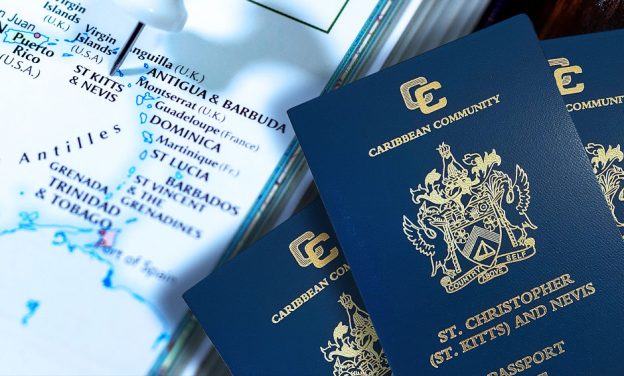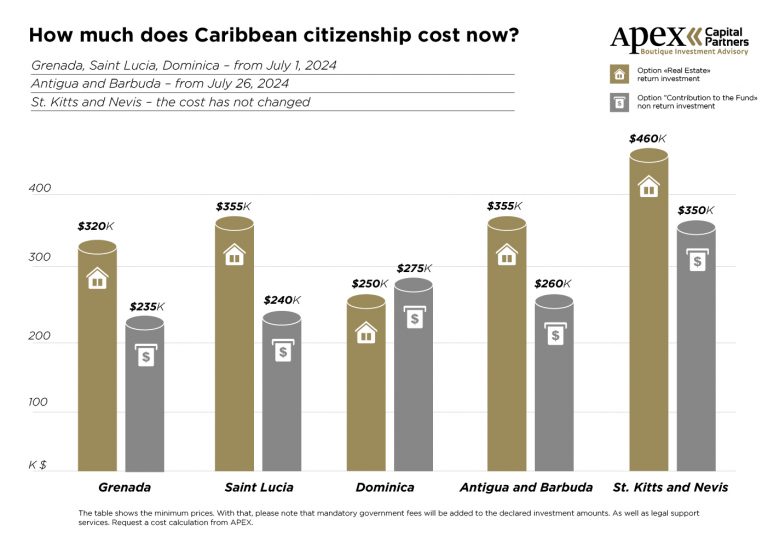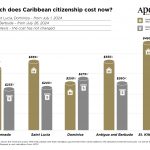Nuri Katz, founder of Apex Capital Partners speaks about CIP’s industry by request of IMIdaily
Recently, as part of my negotiations with government officials in a country considering a new citizenship by investment program, I was asked about how big our firm is compared to other companies. I honestly did not know how to answer the question, as I did not know how to compare my company to other companies. There are so many dimensions on which companies could be compared, from income to the number of clients to – what many like talking about – the number of employees.
Unfortunately, most of this information is not public so it is hard to know the truth about most companies. Furthermore, it is tricky to compare one company to another because, in the investment migration industry, many companies perform many different tasks. As such, most comparisons would be like comparing apples and oranges.
In order to answer the government officials, I had to explain first what kinds of different companies exist in the RCBI-world.
Nuri Katz about Marketing companies
It seems to me that a vast majority of companies in this industry are marketing companies, and this includes many of the biggest brands in investment migration. These companies serve the great purpose of searching the world for investor clients; most countries certainly cherish the value these companies bring to IM programs.
These are the firms that find the clients and, generally, collect documents on their behalf before passing those documents to local agents that are authorized to represent clients vis-à-vis government authorities. A large proportion of these types of companies were formed over just the last few years and have grown tremendously in pretty much all the dimensions I mention above.
They are some of the best-known companies in the industry now and command great respect among both clients and government officials for their ability to generate huge numbers of clients. Building their brands, some of these companies have become leaders in what could be called in this industry as ‘fame’. They do not officially work with governments, as they have to submit files to those local agents on the ground. Yet, they generally enjoy the lion’s share of the clients’ fees as well as the fees paid by governments.
As these companies are all based in source countries, they have an advantage over the smaller local agents in that they are simply physically closer to the client, they can speak the client’s language, and generally provide a service that makes the client feel more secure than working with the actual government licensed agent located thousands of miles away. These marketing companies don’t have offices or operations in the countries where the citizenship is awarded, and they generally don’t need that as they are simply represented by local agents. In any case, these companies – by numerous metrics – may be considered the leaders and “top” companies in the industry.

Nuri Katz about Local agents
Other types of companies are the local agents. These are generally smaller companies based in a single CBI country and working only with that particular country’s CIP. Usually, these companies receive files from the bigger overseas marketing companies and submit files to governments, and generally liaise between governments and marketing companies or directly with some clients.
As these firms generally have little access to direct clients, they have, over the years, succumbed to the competition and the greater power of the marketing agents. While their relations with governments are good as they need to liaise on behalf of clients on a daily basis, they generally do not enjoy any of the economic fruits arising from direct government advisory.
The vast competition from the many local agents both in their own country as well as other countries has generally led to downward pressure on legal fees driving many of these agents out of business. These agents are critical to the industry because they are country-specific experts who serve the important purpose of representing clients and protecting their interests. However, local agents are generally small. Whether they are one-or-two-man-bands, they have over the years – honestly – been sidelined to a great extent by the major international marketing companies. As such, by most metrics, they generally remain small companies.
Nuri Katz about Hybrid firms
The third type of company is the hybrid of international marketing agents and local agents, a class of IM firm present in countless jurisdictions. These companies are registered locally in multiple CBI jurisdictions where they work as local agents. They also maintain offices in one or more source countries where they generate clients to be processed by their own offices in various jurisdictions. Only a few companies have made the huge effort and investment needed to open offices in multiple locations around the world. These companies are able to provide the full specter of services in that they are both close to the clients in source countries and able to represent the clients themselves in the CBI countries. Most of these companies are quite well known and are often considered leaders according to pretty much all the dimensions mentioned at the outset of this article.
Getting back to the government officials who posed the question about how big our firm was compared to other industry companies: I tried to make a long story short but, as with most things in this industry, the answer ended up being long, complicated, and worthy of a whole article in IMI.










